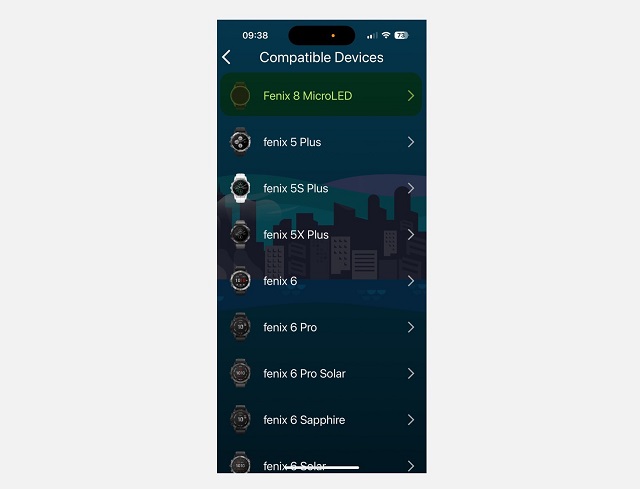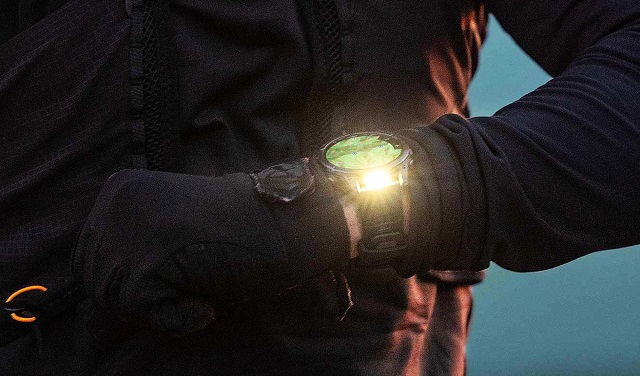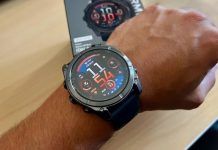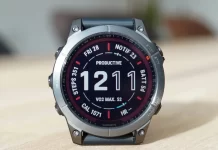The smartwatch market has seen rapid evolution, with manufacturers constantly pushing the boundaries of technology. One area that has been ripe for innovation is display technology. While LCDs and OLEDs have been the dominant choices, a new contender is emerging: microLED.
Rumors have swirled for years about Apple and Samsung potentially adopting microLED displays for their high-end smartwatches. However, recent developments suggest that Apple may have shelved its plans due to cost concerns. This leaves the door open for other manufacturers to capitalize on this promising technology.
Garmin, known for its rugged and feature-rich smartwatches, has emerged as a potential frontrunner in the microLED smartwatch race. Intriguing hints and partnerships point towards the possibility of Garmin being the first to bring a microLED-equipped smartwatch to market.
In this article, we will delve into the advantages of microLED technology and explore how it could revolutionize the smartwatch industry.
Apple’s MicroLED Ambitions Stalled
After Apple reportedly shelved plans for a microLED Apple Watch Ultra due to costs, Garmin emerges as a potential frontrunner in the microLED smartwatch race. Rumors have swirled for years about both the Apple Watch Ultra and Samsung Galaxy Watch Ultra adopting microLED displays. However, Apple’s decision to abandon this advanced technology, which would have impacted Samsung Display as a supplier to both companies, has shifted the competitive landscape.
Garmin’s MicroLED Hint and Vuzix Partnership

Garmin has dropped intriguing hints suggesting it may be the first to market with a microLED smartwatch. The discovery of a “Fenix 8 microLED” in a Garmin app compatibility list, combined with a new partnership with AR glasses manufacturer Vuzix, has fueled speculation. This collaboration focuses on developing cost-effective, space-saving microLED components. While neither company has explicitly confirmed a smartwatch application, the clues are mounting.
The Advantages of MicroLED Technology
MicroLED technology offers several significant advantages over traditional display technologies. Unlike LCDs, which rely on a backlight, microLEDs treat each subpixel as a tiny LED, similar to OLED. However, microLEDs are inorganic, leading to superior brightness, longevity without burn-in, and lower power consumption compared to OLED.
Key benefits of microLED:
- Higher brightness: Ideal for outdoor visibility.
- Longer lifespan: No risk of burn-in.
- Lower power consumption: Improved battery life.
- Thinner and lighter: Sleek design possibilities.
In essence, microLED presents a compelling opportunity to revolutionize smartwatch displays. By offering a superior viewing experience and enhancing device performance, it could become the new standard in wearable technology. With Garmin leading the charge, the smartwatch market is poised for an exciting new era of innovation.
Source: Vuzix




